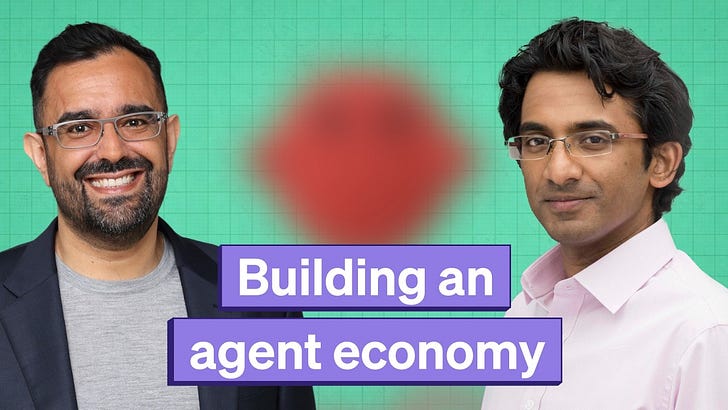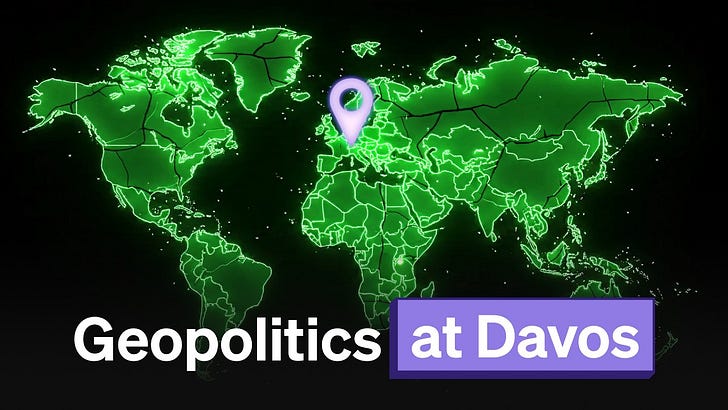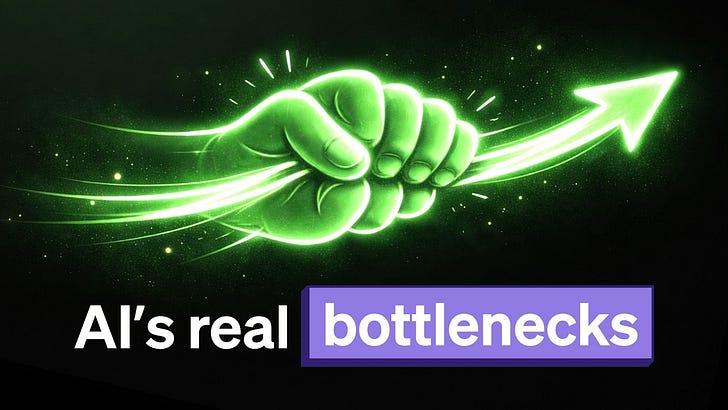I invited my old friend Steven Johnson to share with us his insider perspective on creating NotebookLM — a product seen by some as Google’s ChatGPT moment. Its audio summaries feature which creates realistic-sounding conversations between two podcast hosts, in particular, created a bit of buzz. The time hosts ‘realised’ they were not human or spent ten minutes analysing a document that contained only the words ‘poop’ and ‘fart’ went viral.
But NotebookLM goes much further than that – it’s a tool for knowledge organisation, discovery and creation. The core idea behind it was to help users make sense of an overwhelming amount of information. In their launch post, Steven and his colleague Raiza Martin wrote:
We started to explore what we could build that would help people make connections faster in the midst of all this data, especially using sources they care most about.
NotebookLM grounds all conversations and queries in the sources you share with it. Here are some use cases I’ve come across and tried myself
Finding connections across 100s of papers I’m reading on a particular subject by ‘chatting’ with the sources
Explaining complex concepts and scientific papers with the audio summaries feature
Examining documents in a foreign language
Uploading your credit card statements and having AI comment on your spending habits
Uploading journal entries and using audio summaries for self-reflection
Using Notebook as a game master in Dungeons & Dragons
In this conversation, you’ll hear…
How Steven organises his intellectual world within NotebookLM
How NotebookLM could impact literature and knowledge work
NotebookLM as a platform for knowledge-sharing
Steven’s power tips for users
And… what’s up with the naming of genAI tools?
If you already use NotebookLM, tell us how you’re using it!










